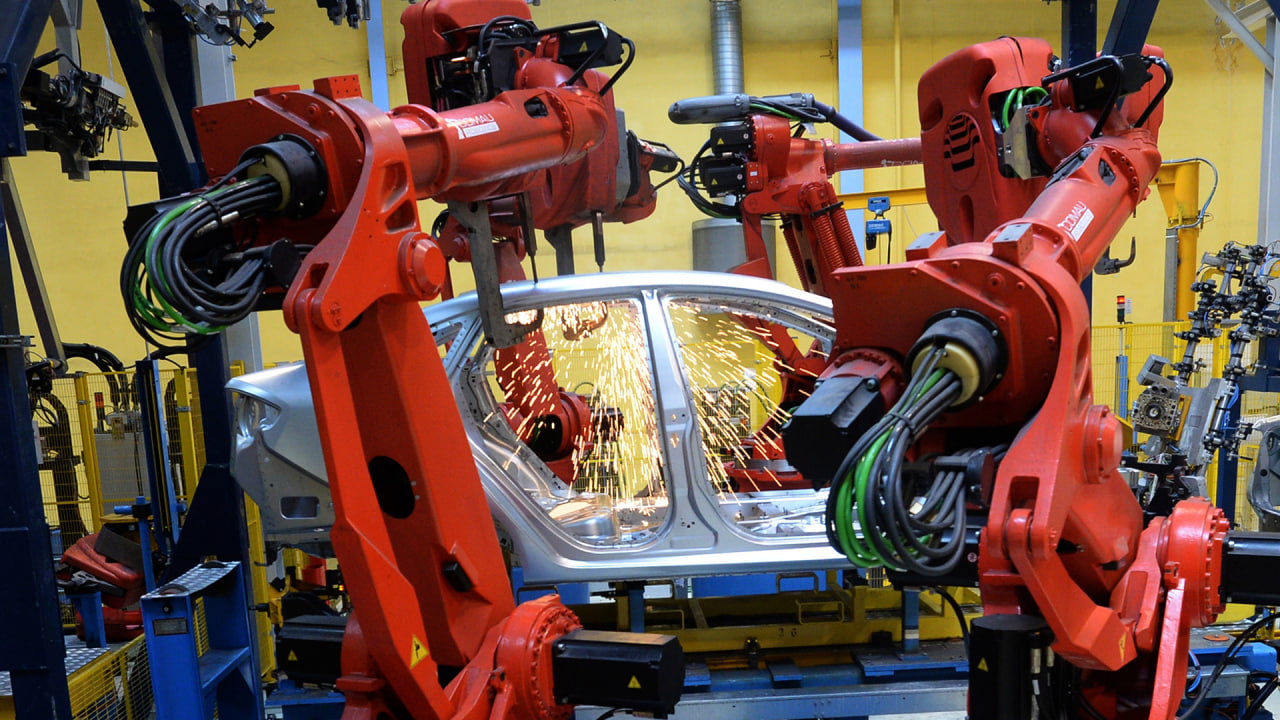The head of the Intelligent Robotics Laboratory commented on the initiative to introduce a tax on robots
The Federation Council have proposed a tax on robots. A new tax should be introduced for Russian companies that use robotics instead of humans. It has been proposed that all the collected money should be used to pay unemployed Russians.
What are the implications of this initiative? What steps need to be taken to stimulate the robotisation of the Russian industry, told Associate Professor Dzmitry Tsetserukou, Head of the Laboratory of Intelligent Space Robotics.
 Photo: RIA Novosti/Maksim Bogodvid
Photo: RIA Novosti/Maksim Bogodvid
"Such naive proposals can potentially kill not only the robot market in Russia but also its industry. The country has the smallest number of robots among developing countries. For example China has installed 260 000 industrial robots versus 1 000 Robots in Russia in 2022. For example, India increased the number of robots in 54% and Poland in 56% reaching 3 500 robots per year. Many countries do maximum support for the industries to introduce robots. Why? Because robots improve the quality and quantity of the factory output. Such countries as US, Germany, Japan, China were the fastest in economy recovering after COVID pandemic because of high level of automation according to PwC. Also it is well known that the more number of robot the more employees are involved. According to International federation of Robotics (IFR), the US automotive industry, for instance, installed more than 60,000 industrial robots between 2010 and 2015. During this same period, the number of employees in the US automotive sector increased by 230,000. I suggest the simple stimulus to start robotization of Russian Industry when Government can make 50% cashback for each robot installation to cover CAPEX expenses of the companies. Additionally, there must be R&D programs that support Universities. For example Czech Republic publishes more scientific papers in Robotics than Russia and has strong support from European grant system of Horizon 2020 to developed advanced robots. The losers of future industry are the countries who does not invest in robotics, it is for sure".
